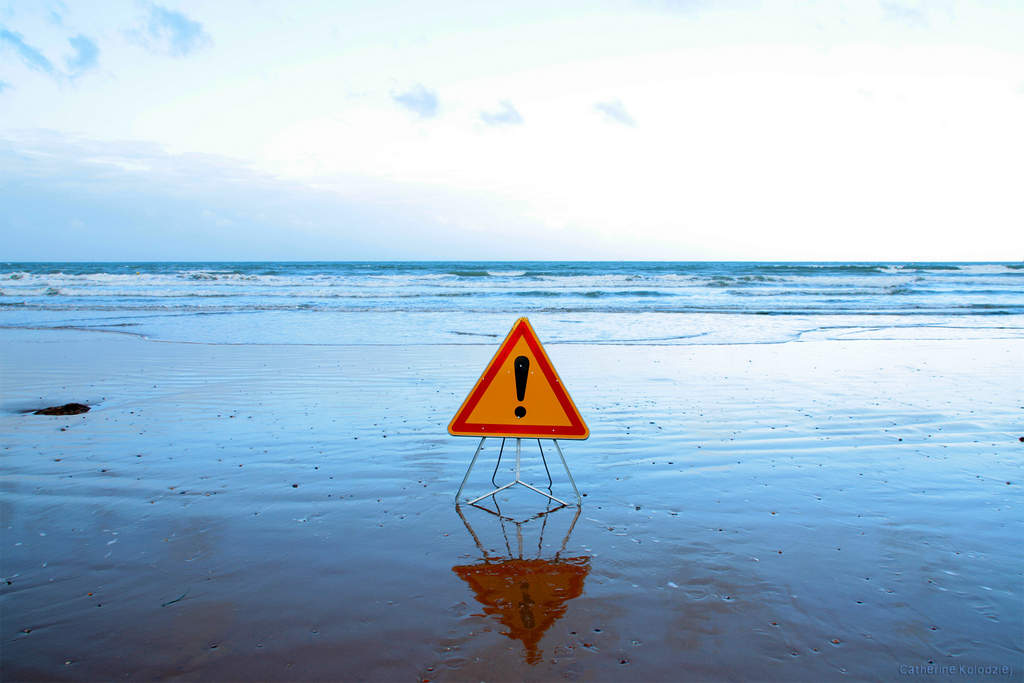
Trigger warnings would warn students of classroom material that may be troubling (Catherine Kolodziej/Flickr CC).
A growing movement has students urging professors to be more transparent about sensitive material in their coursework.
Those students are arguing that certain content -- like depictions of rape, suicide or political violence -- can act as a trigger to students who have experienced trauma. To help prevent this, professors can issue "trigger warnings."
This week on The Takeaway, political science professor Ari Cohen talked about why he uses trigger warnings for some of his class material -- but doesn't necessarily think the practice should be mandated.
I think when you do that, it really lets students know what's coming. Because they're prepared for it, because they're taking their time, it's really led to much better discussions in class after they've done the work.
University of California, Santa Barbara has become the first school to require trigger warnings for their courses. But the policy isn't universally accepted.
In a recent opinion in the Boston Globe, Renée Loth argues that trigger warnings have become a serious threat to intellectual freedom.
Many academics see the warnings as an attack on free expression, and for good reason: The alerts by their nature single out some content as better or worse than others.
You can listen to the entire Takeaway segment here.










